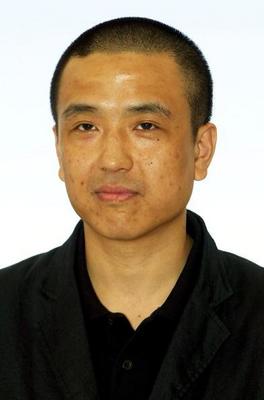Beijing -- Highly-acclaimed Chinese director Lou Ye and the producer Nai
An have been banned from making films for the next five years after submitting a
film to the Cannes Film Festival without government approval.
Lou took "Summer Palace," a Palme d'Or candidate, to France without
permission for its general release from the State Administration of Radio, Film
and Television (SARFT), the Beijing-based Legal Mirror newspaper reported
Monday.
|

Lou Ye
[File/sina.com.cn]
|
The paper said SARFT publicized its decision on September 1. A senior
official with SARFT confirmed the punishment to Xinhua on Monday but refused to
discuss the case further.
"Summer Palace", the only Asian film in the main competition of this year's
Cannes Film Festival, features a young Chinese couple's erotic and complex
relationship against a backdrop of civil unrest in Beijing in 1989.
Earlier reports said "Summer Palace" was not licensed because of both
"sensitive theme" and "technical problems."
"We have made our utmost to adjust the color and brightness, but the film
administration refused to censor the film saying the format of the tape handed
in fell short of standard," Nai, the film's producer, was quoted by the Shenzhen
Evening News newspaper in May as saying.
According to the Regulations on Administration of Films, Lou will be
unentitled to make films for five years, and his film and five to ten times the
film's income will be confiscated.
The administration, however, did not say if Lou will receive economic
punishment nor how much, the Legal Mirror said.
Lou and Nai are both unavailable for comments on Monday.
"I feel sorry for him. He should have abided by the rules. I think the final
aim of any Chinese film director is to shoot films for Chinese audience rather
than certain film festivals," Lu Chuan, a Chinese director acclaimed for
"Kekexili Mountain Patrol," said in an earlier interview.
"The administration should make a special green light for the film, since all
the Chinese hope more China-made films appear in the international market," he
added.
Actually, it was the second banned film of Lou, following 2000's "Suzhou
River," a tragic love story between a motorcycle courier and the daughter of a
smuggler.
In recent years, an array of cub Chinese directors offended the censors by
submitting their works to overseas films festivals and incurred ban on their
films.
Wang Xiaoshuai's "Beijing Bicycle," the Silver Bear and Jury Grand Prix
winner for the 54th Berlin film festival, suffered a two-plus-year ban after
2001.
Among others included Zhang Yimou for "Living"(1994), Zhang Yuan for
"Seventeen Years"(1999) and Jiang Wen for "Devils on the
doorstep"(2000).